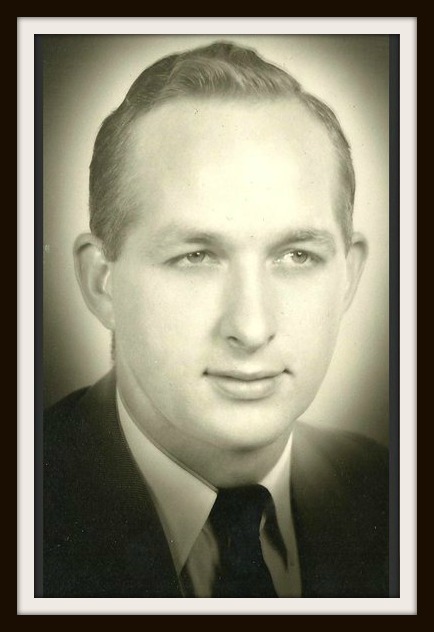"In You, the fatherless finds mercy." Hosea 14:3
There are many mixed emotions that fill hearts on Father's Day. At the same time someone is celebrating the honor of a father, someone else is contemplating the disappointment of a father. One person is mourning the lost dream of a father in life, while another person is mourning the lost delight of a father in death.
This Father's Day, my husband and I mourn lost delight even as we enjoy the sweet memory of dads who filled our lives with their strength of love. Flawed, redeemed men who imperfectly, yet powerfully, showed us Christ in the midst of all our dreams, delights, and disappointments.
I can't help but to smile when I think of my dad. He possessed the chiseled good looks of a James Dean, and even in his final days I found myself staring at him as the handsome lines of his face dropped sweetness into my broken heart. A muscular and athletic man, he enjoyed exceptional physical strength admired by those who knew him.

He was an emotionally intense man of energy who continually pushed me beyond my fears, beyond my inhibitions, and beyond myself. Sometimes he pushed too hard and his standard of excellence eluded me. I adored him, and I hated displeasing him when I couldn't run faster, work harder, or jump higher. One of the greatest joys of my life was watching God's training grace in his life, transforming a proud and restless man driven by achievement into a humble and calm man driven by genuine love.
I cherish the memory of my father. It's a sweet memory full of hope and full of grace. I inherited his intensity in its full and flawed force, and the grace that transformed him is the same grace that's transforming me.
My father-in-law was a quiet, humble man of impeccable integrity and character. A gentle giant, his large frame housed a selfless spirit of tender kindness and strong intellect. My husband resembles him in so many ways, including the inheritance of those trademark Stratton eyes that always look full of secrets.

It's impossible to think of him loving me any more if I had been his own daughter. I will always remember his kind affection and selfless attention to my needs. But what I will always remember most is how much he loved God with a quiet spirit that found no need to broadcast its spirituality. Two different times I discovered him on his knees in prayer when I made an unexpected appearance. The first time he never heard me as I opened the door and gently shut it, and the second time he tried to jump up before I saw him. His embarrassment marked his humility, not any shame. How can I ever thank God enough for him? He gave me the gift of a son he bathed in prayer, a son whose heart and spirit reflect his own.
My husband and I miss our dads. It's painful to be deprived of a loving, kind, and wise father. And it doesn't necessarily take death to feel the sting of that deprivation since a father with an untamed heart can cause hurt, too. There are no age limits on this pain of loss, because our hearts have been sovereignly-designed by God to yearn for relationship with a father. Because ultimately, it's a yearning for Him. Sin turned the universe into an orphanage of fatherless children in need of adoption. Then Christ came, and He changed everything. Because of Him, the fatherless find mercy!
On this Father's Day, the sting of death still runs raw in my heart. But because of grace, that sorrow is overwhelmed by the mercy that He is so freely and fully lavishing on me. Indeed, He is a Father to the fatherless.
"Men may be deficient in mercy, even toward the fatherless; but God will display the greatest kindness and compassion to His fatherless children. Mercy is His sweetest attribute, as beautiful as the morning light, as refreshing as the early dew, as glorious as the noonday sun. Mercy is suited to all the needs of the fatherless. He has pardoning mercy to meet your sin; supplying mercy to meet your need; rescuing mercy to meet your danger. God's mercy is full and free, meeting every case, circumstance, and condition. It will more than fill a father's place!" James Smith, 1854